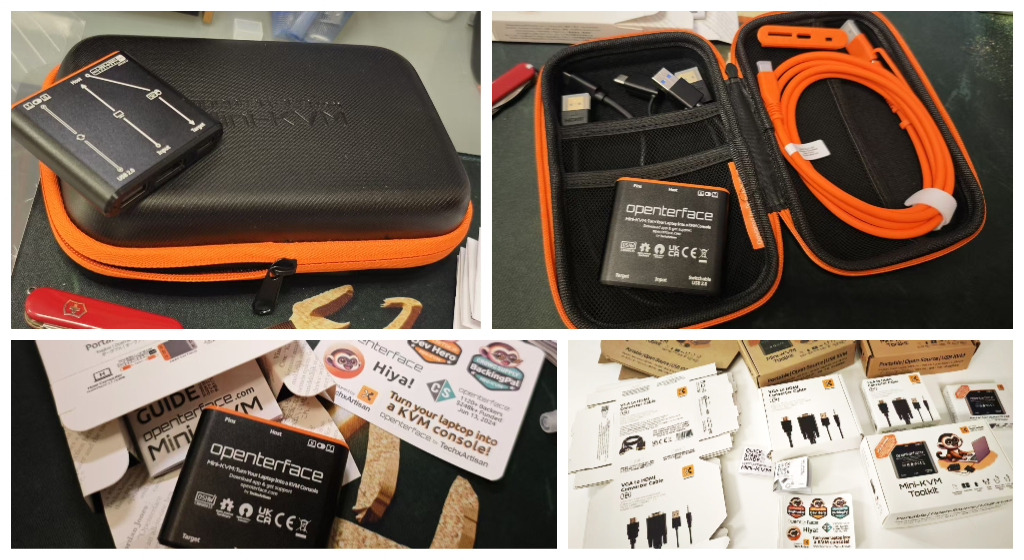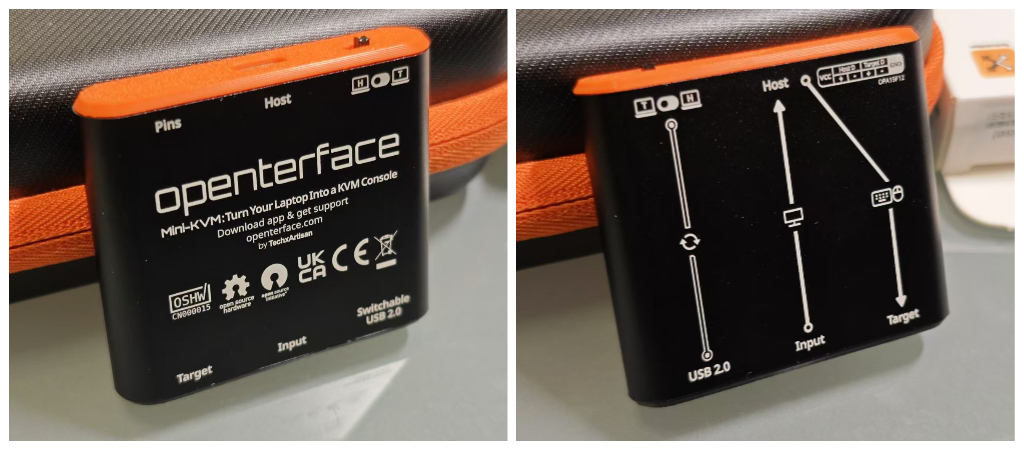2025-06-14 | A highly insightful and valuable review from South Korea.
A Thoughtful Review from Korea And Our Thoughts in Return
We love surprises the good kind anyway. A few weeks back, we reached out to a YouTuber based in South Korea known for his honest and technically detailed reviews. We sent over a small package: one Openterface KVM Ext. for uConsole, plus our mini-KVM toolkit for testing. Then, we waited.
What came next was beyond our expectations.
He not only tested the mini-KVM extensively, but also took the time to write a detailed article packed with insights: 👉 Read the full review here
His feedback was sharp, constructive, and grounded in real-world usage. That's gold to us. While we didn't agree with every point, that's exactly why it was valuable. It pushed us to look again at some design assumptions, and confirmed where we got things right. If you're curious, scroll down for the full conversation.
And if you're not already following him: - 🎥 YouTube Channel - 💬 Community Forum
This kind of dialogue is exactly what helps tools like ours evolve. So thank you, TinyRack we hear you.
Some Words from the Heart: Our Goals and Commitments
1. Retail Channels
Our current and exclusive sales channel for the Openterface Mini‑KVM is Crowd Supply, and this partnership is set to continue until mid‑2026. We are genuinely grateful for their support, Crowd Supply specialises in open‑hardware projects, and their platform and community have played a crucial role in helping our small team grow and successfully deliver the Mini‑KVM.
Thanks to Crowd Supply managing fulfilment and distribution so efficiently, we've been able to focus our energies fully on product design, production, and software development. It's for this reason we haven't been able to launch on larger marketplaces like Amazon or AliExpress yet. However, widening our distribution remains a top priority, and we're planning to explore those channels once our current commitment ends in mid‑2026.
We believe in being transparent rather than making promises we can't yet fulfil. Your patience and ongoing support allow us to build a stronger foundation before expanding to additional marketplaces.
2. Price
We understand that some users find the price higher than expected. Much of the cost reflects our investment in native software development for Windows, macOS, Linux, Android (and, soon, iPad/iOS). We are building full‑featured, secure applications, far beyond a basic web app (though we're grateful to community contributor Kashall for helping build our web version!). We take the challenges and compare ourselves to tools trusted by IT professionals and enterprises, and we insist on development and security standards in line with industry best practices.
3. Open-Source Commitment
We appreciate you pointing out that open‑sourcing can sometimes be a way to hand off incomplete work. That's not us. Our entire dev team is fully committed to open‑source, and we have exciting features on the roadmap. We know this path isn't easy, but we'll keep pushing and hope our community will continue to support us.
4. Windows SmartScreen Warning
Your feedback on the Windows installer warning was spot‑on. We're already using an open‑source certificate (SignPath), but warnings still appear. We're pursuing Extended Validation (EV) certificates, though they remain difficult for newer companies. Please bear with us while we navigate the paperwork and improve your initial installation experience.
5. Working Experience Praise
Thank you for performing such rigorous plug-and-play stress tests by reconnecting cables, booting from BIOS, and the like. That kind of real-world validation means a lot.
6. Linux Issues
We're very sorry for the frustrations you encountered on Linux. Permission errors, missing displays, firmware issues, and crashes are unacceptable. We're prioritising improvements, including: Uploading to the Ubuntu Software Store for easy installation; Providing flatpak and one‑click installers; Enhancing udev rules, dependency handling, and crash resilience. We're committed to delivering a Linux experience that matches our Windows and macOS quality.
7. Path Forward
Your feedback, especially on price, has helped catalyse internal discussions on optimising costs and scalability. We're evaluating adjustments across all fronts, sales channels, marketing spend, and operations, to better balance value and quality as we grow.
We're truly grateful for the thoughtful feedback and support from tinyrack and so many members of the open-source community. It is the care, contributions, and encouragement from people like you that remind us why we're building Openterface as more than just a product. It is a shared journey shaped by collaboration, curiosity, and a common belief in doing things better together. Thank you for being part of this path. We look forward to what lies ahead and will keep learning and growing with all of you.
With gratitude,
Billy Wang
Product Manager
Openterface Team | TechxArtisan
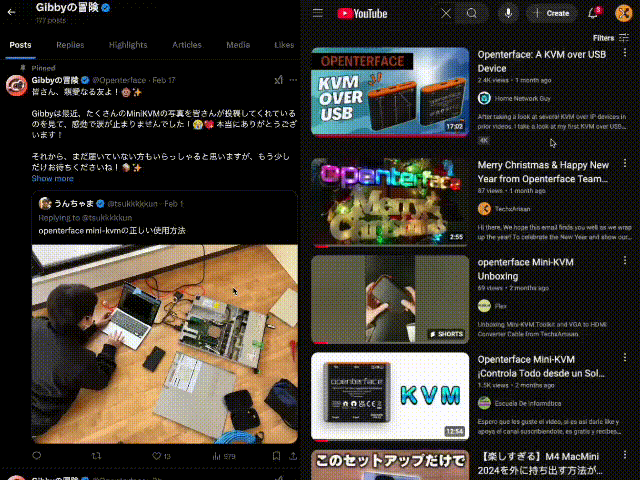



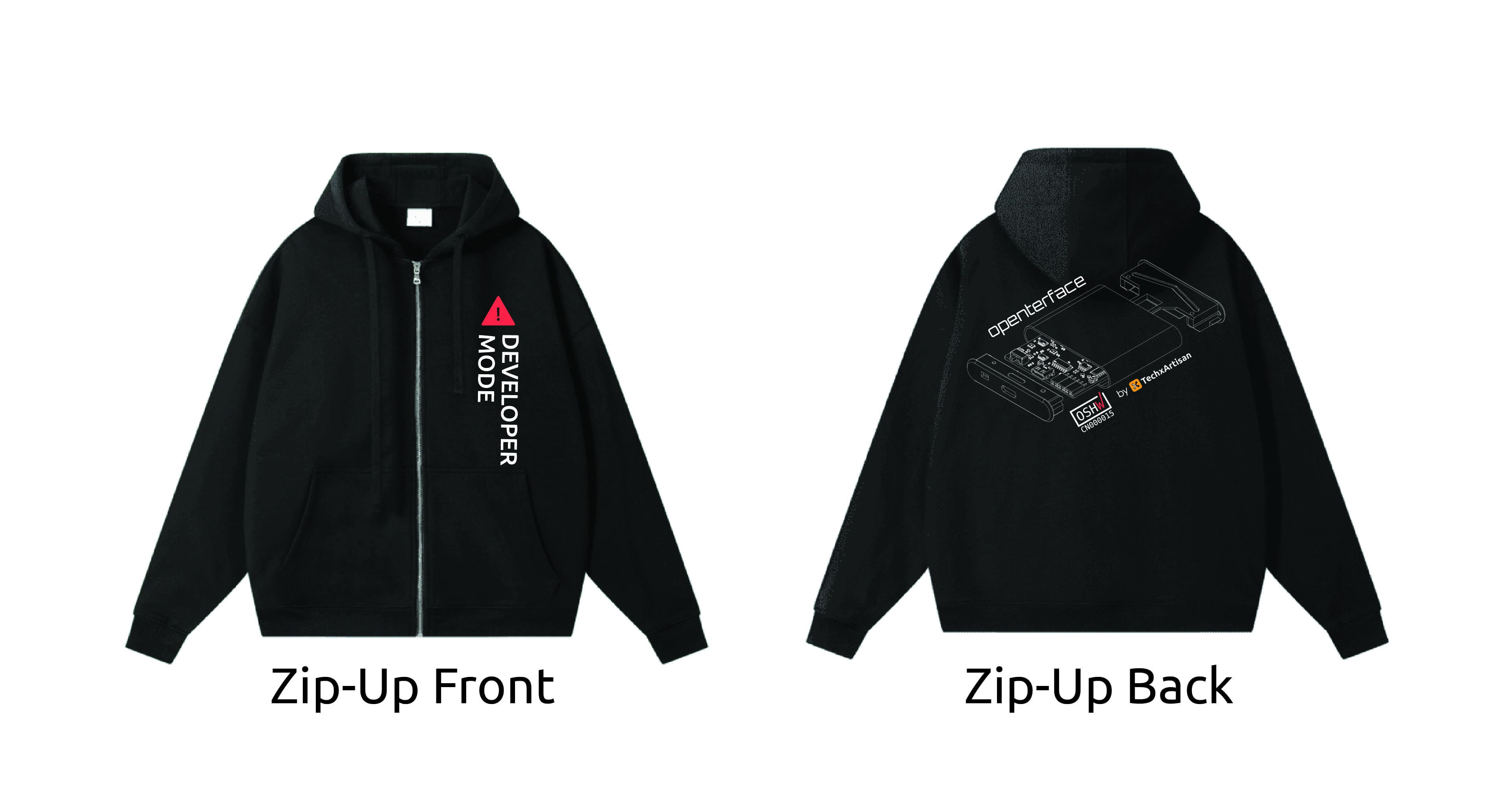
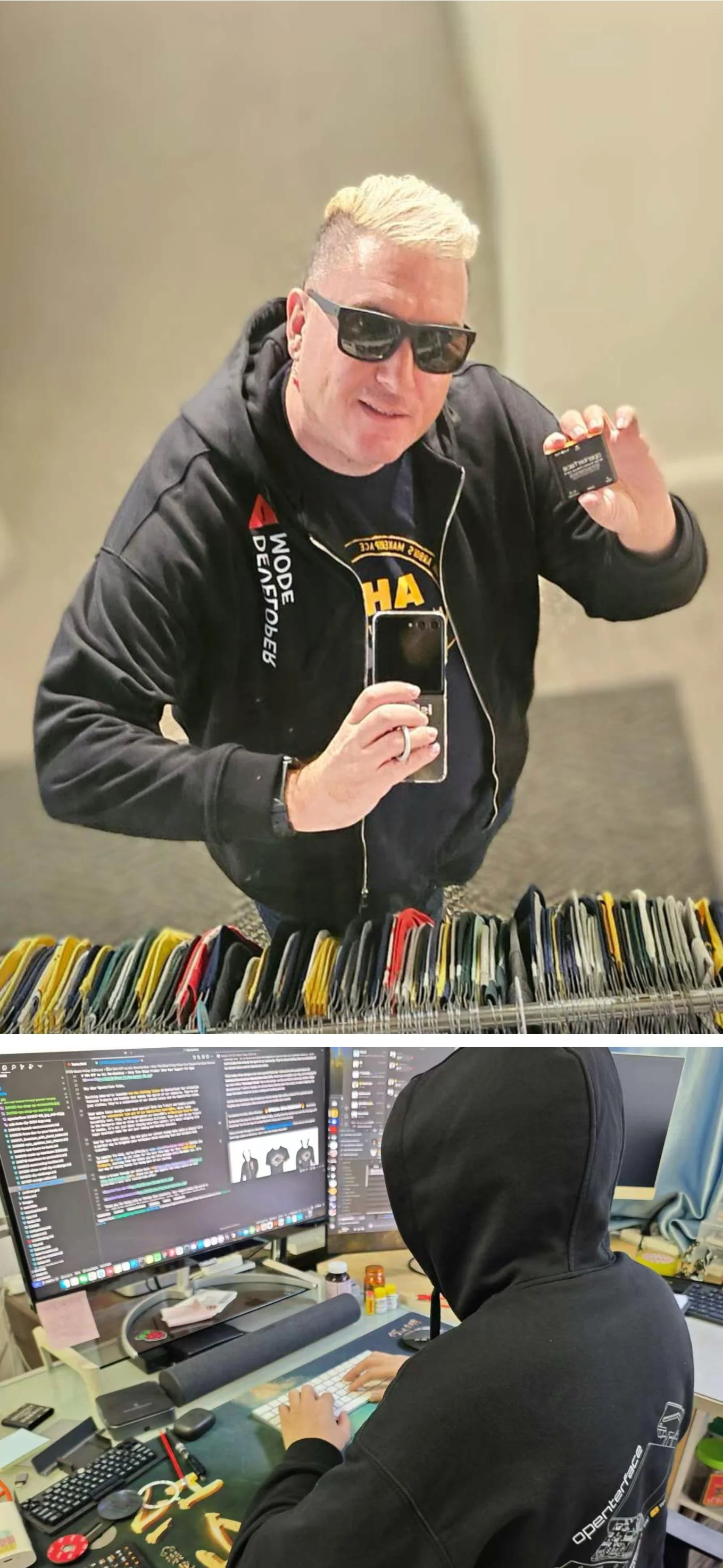 David and I can’t get enough of our hoodies—we practically live in them!😉 A huge thank you to David for sharing such an awesome photo—truly appreciated!🎉
David and I can’t get enough of our hoodies—we practically live in them!😉 A huge thank you to David for sharing such an awesome photo—truly appreciated!🎉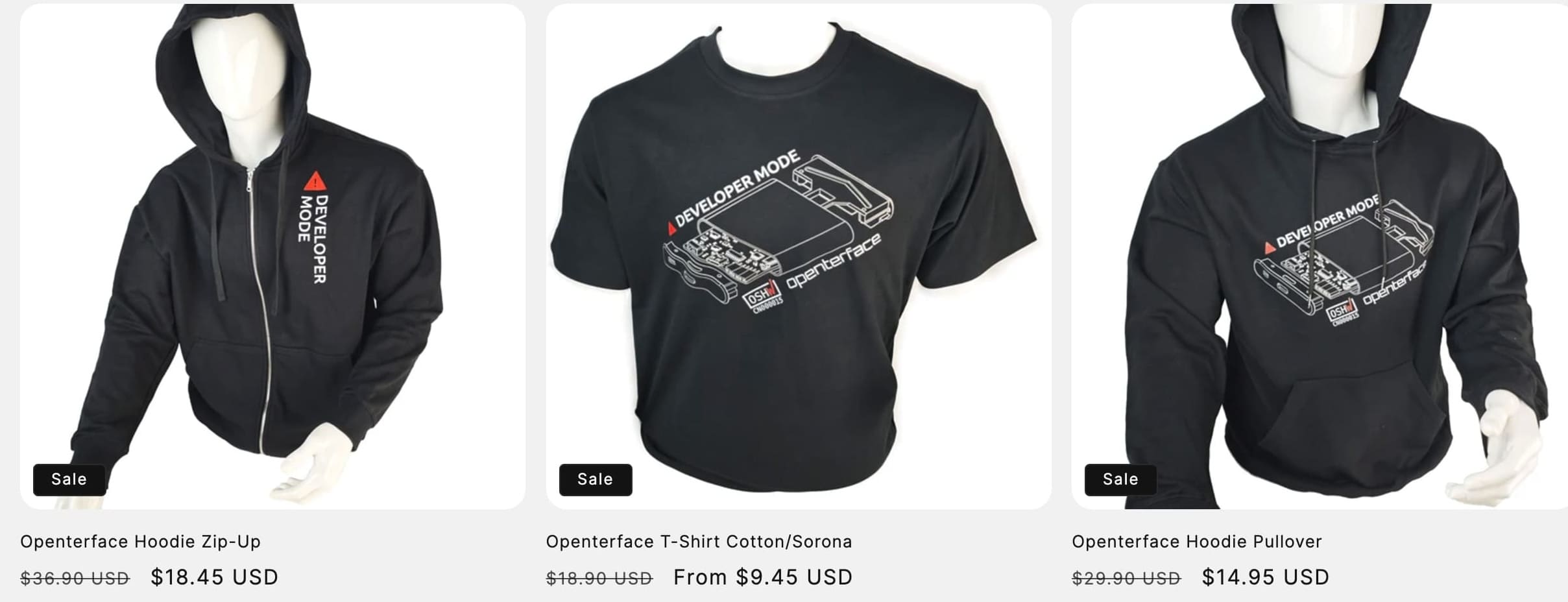
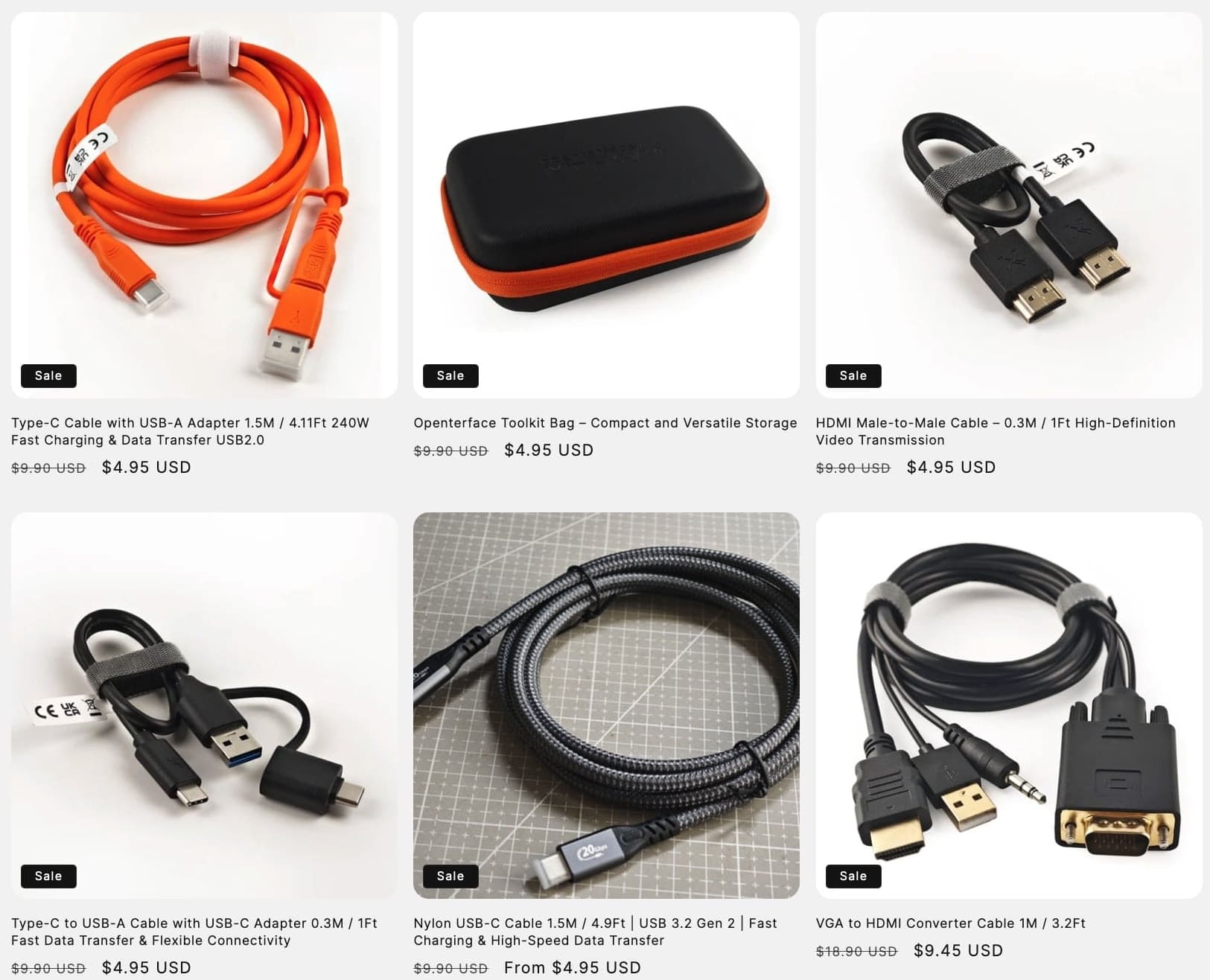
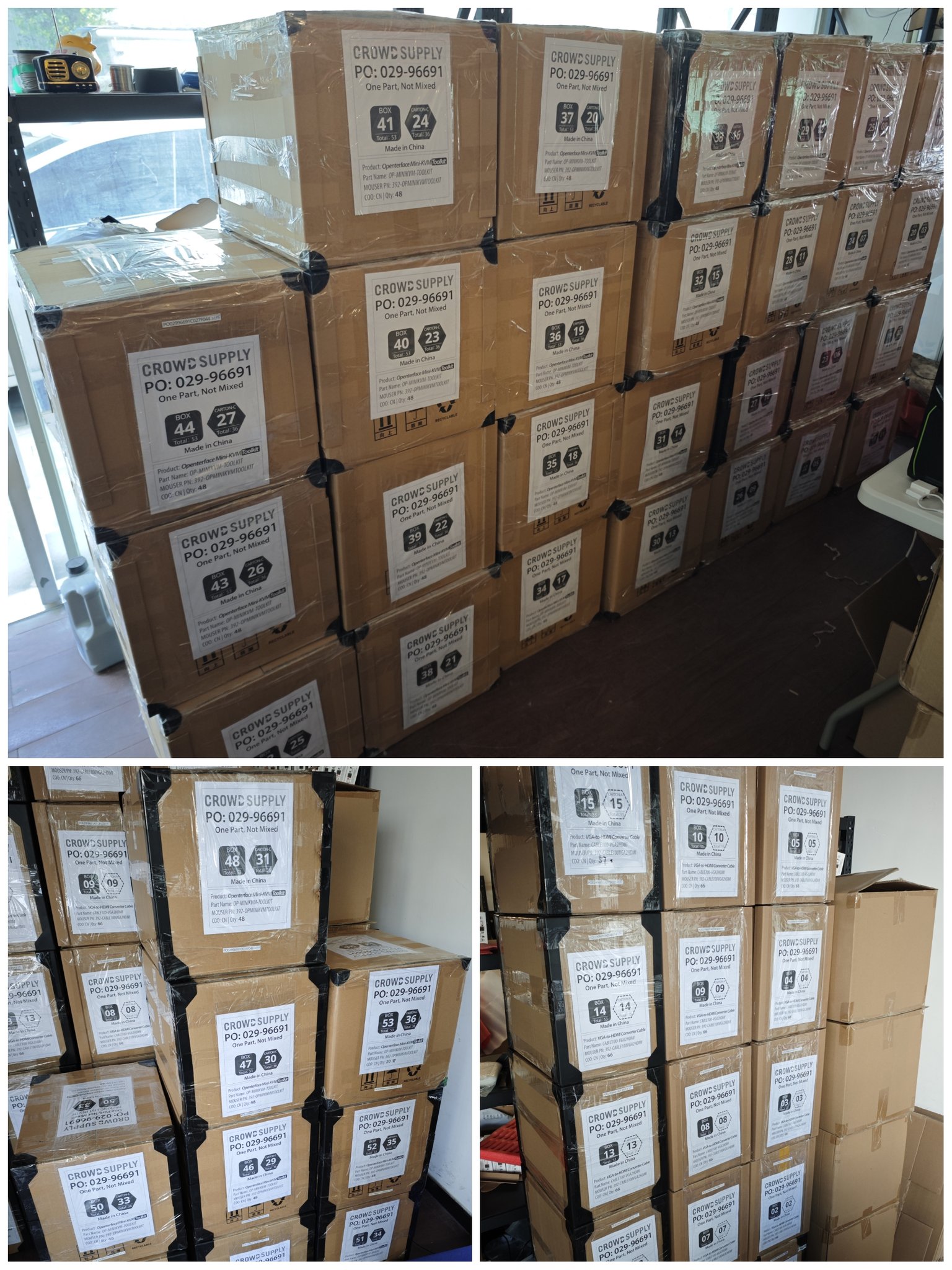
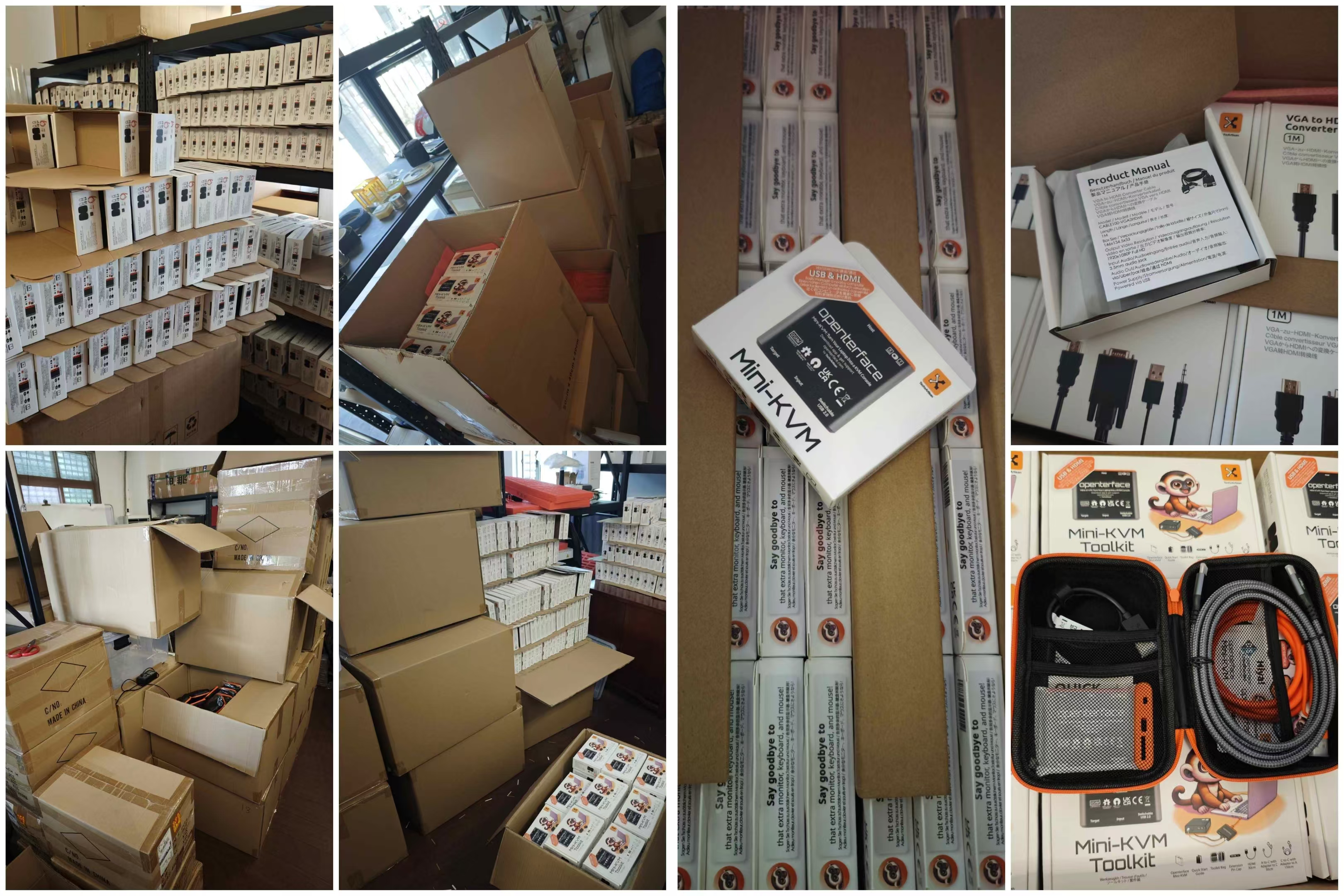
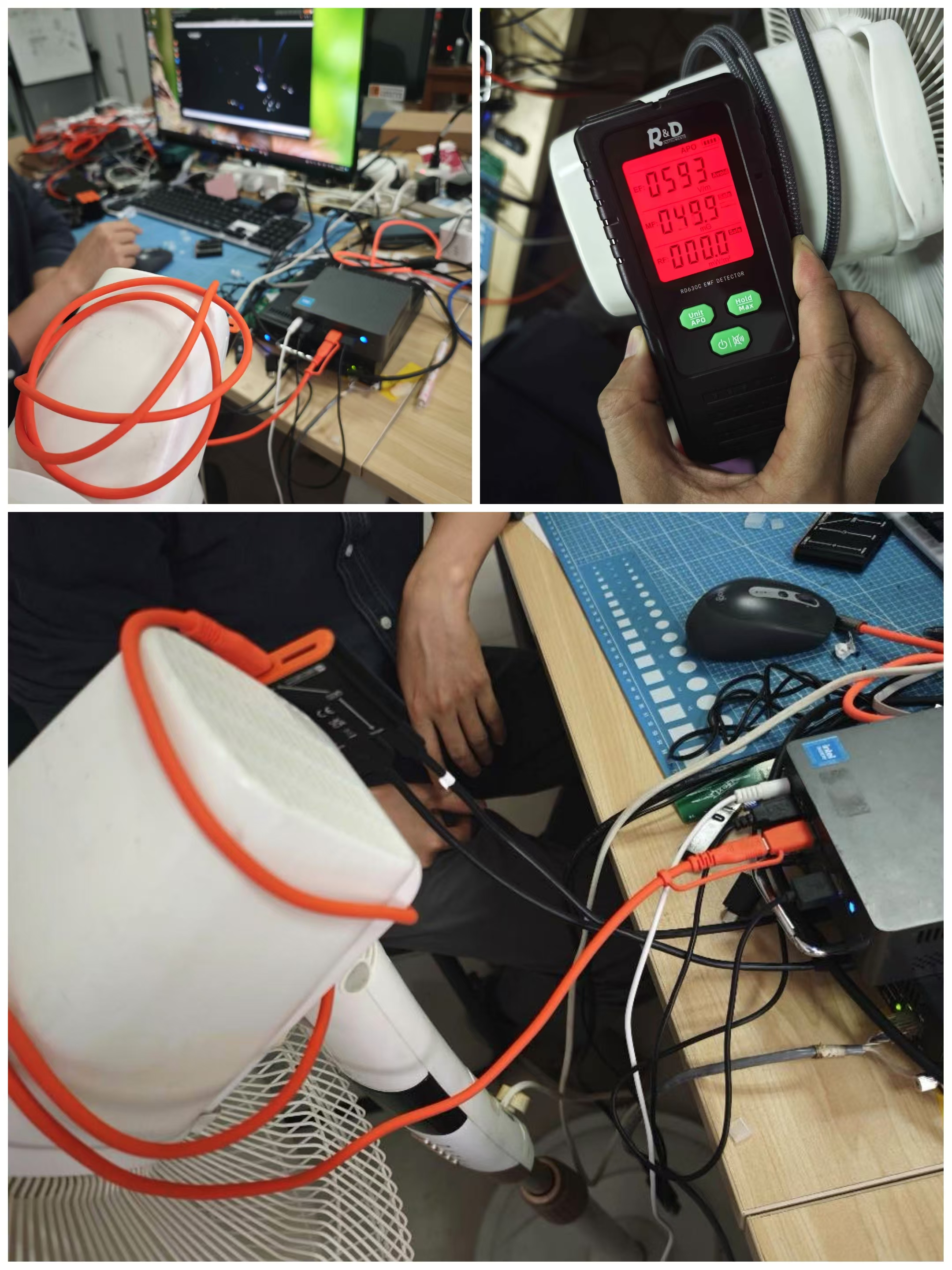 A budget-friendly yet effective testing method.
A budget-friendly yet effective testing method.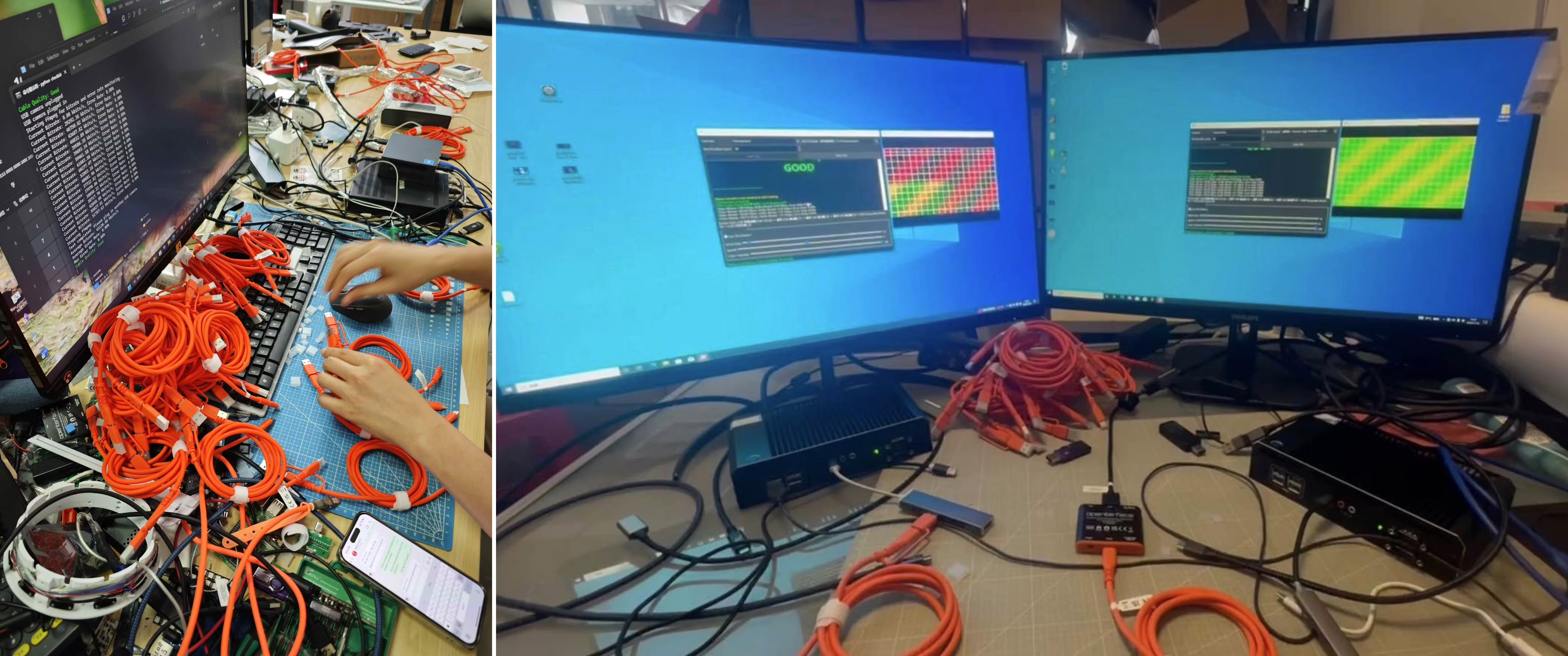 Our programme makes cable testing a breeze.
Our programme makes cable testing a breeze.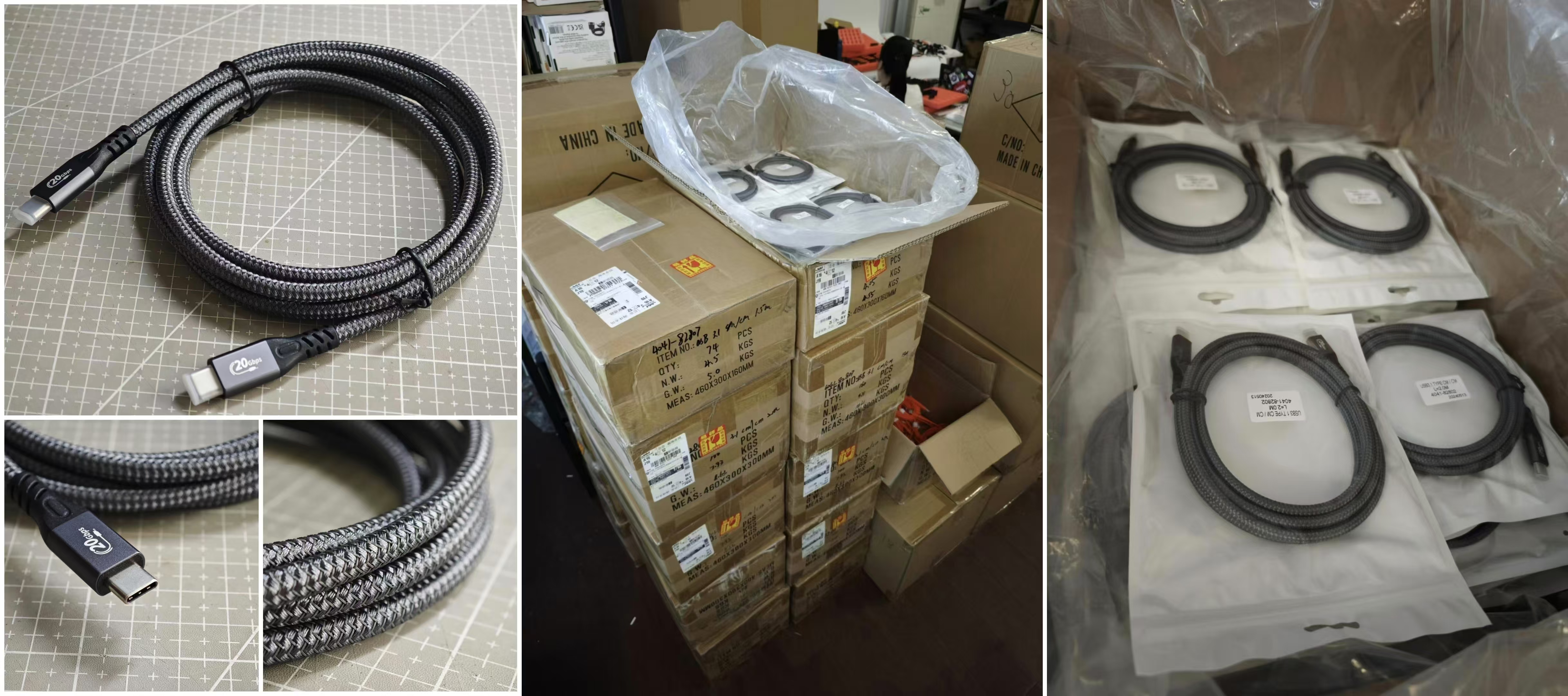
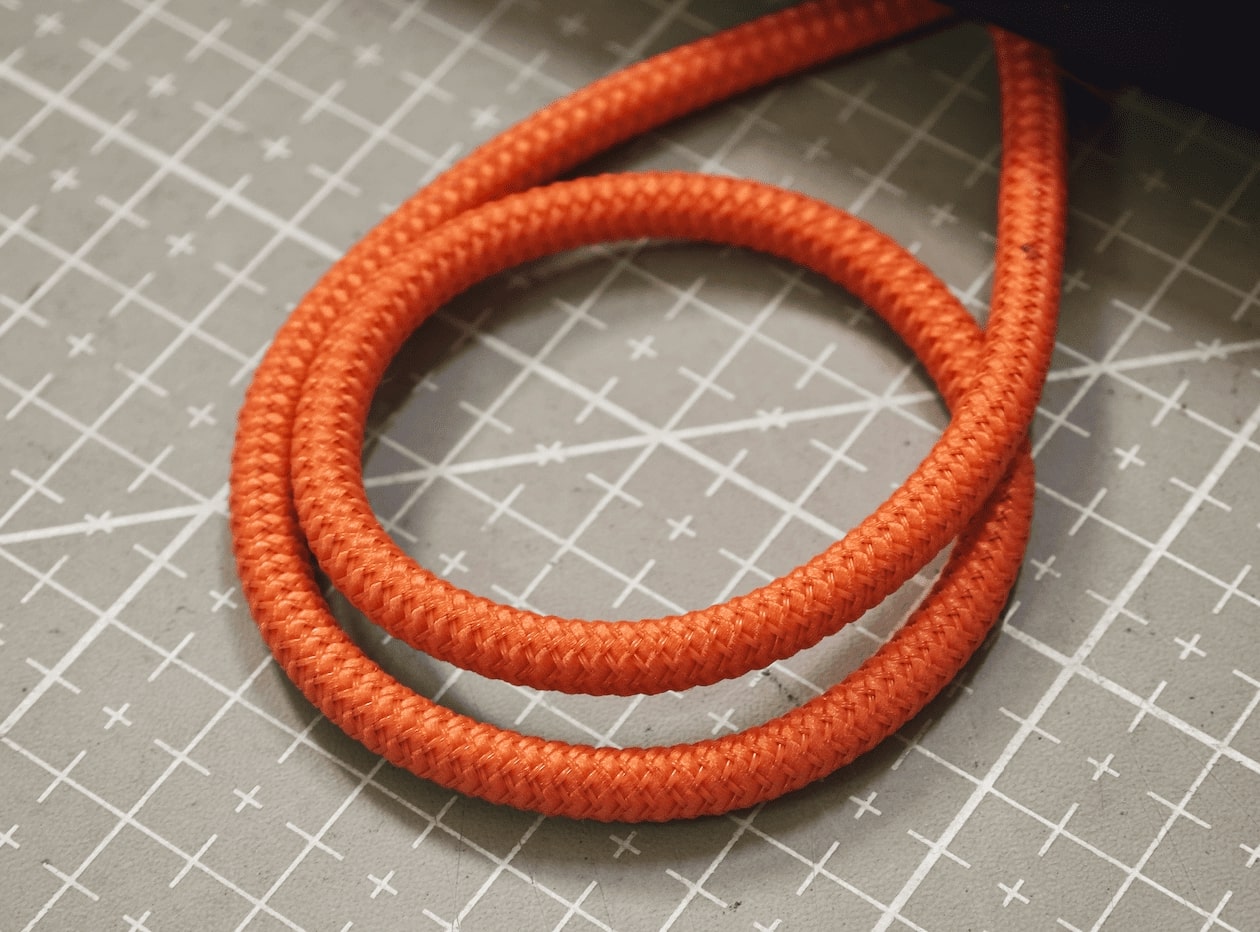
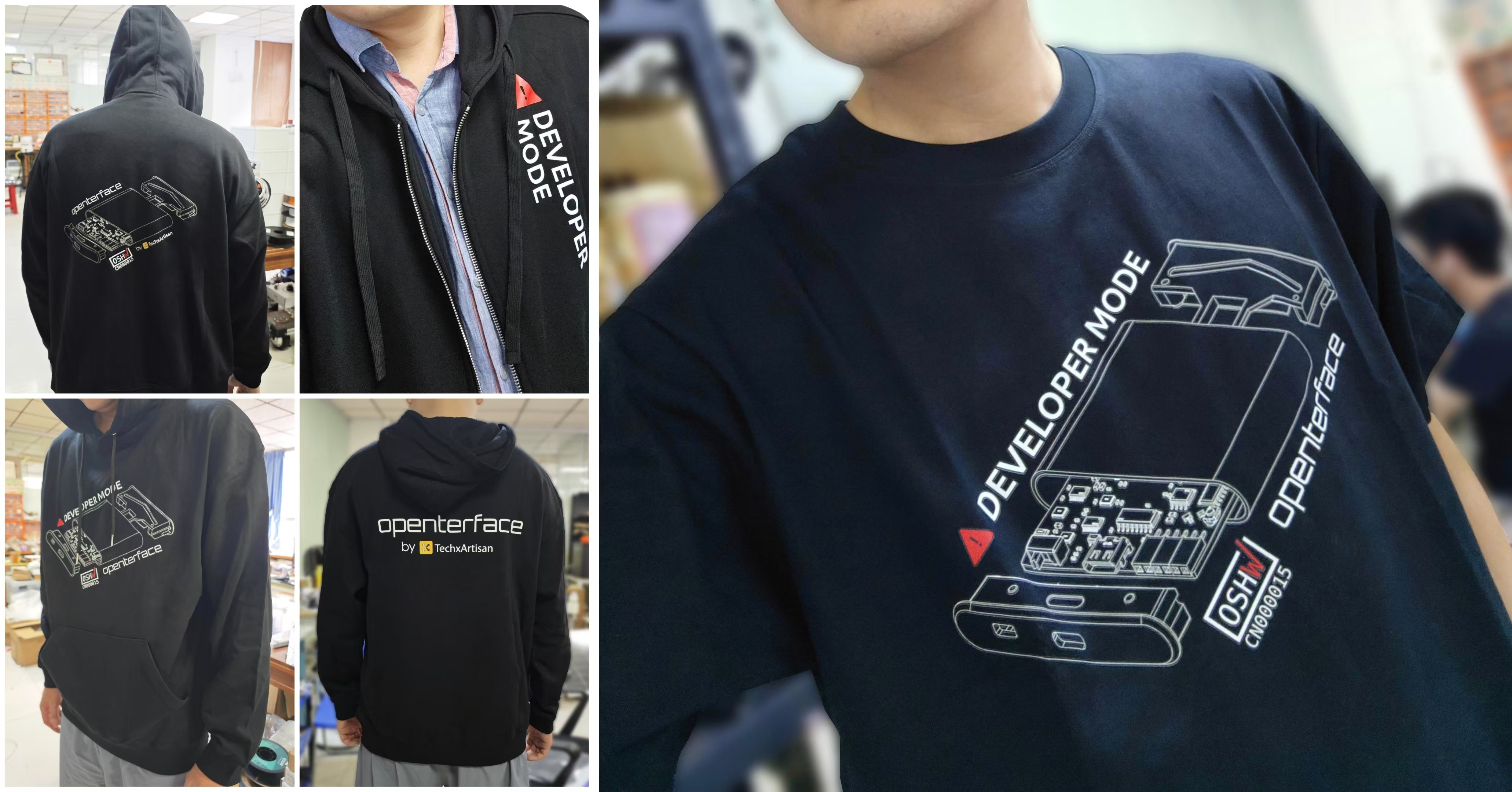



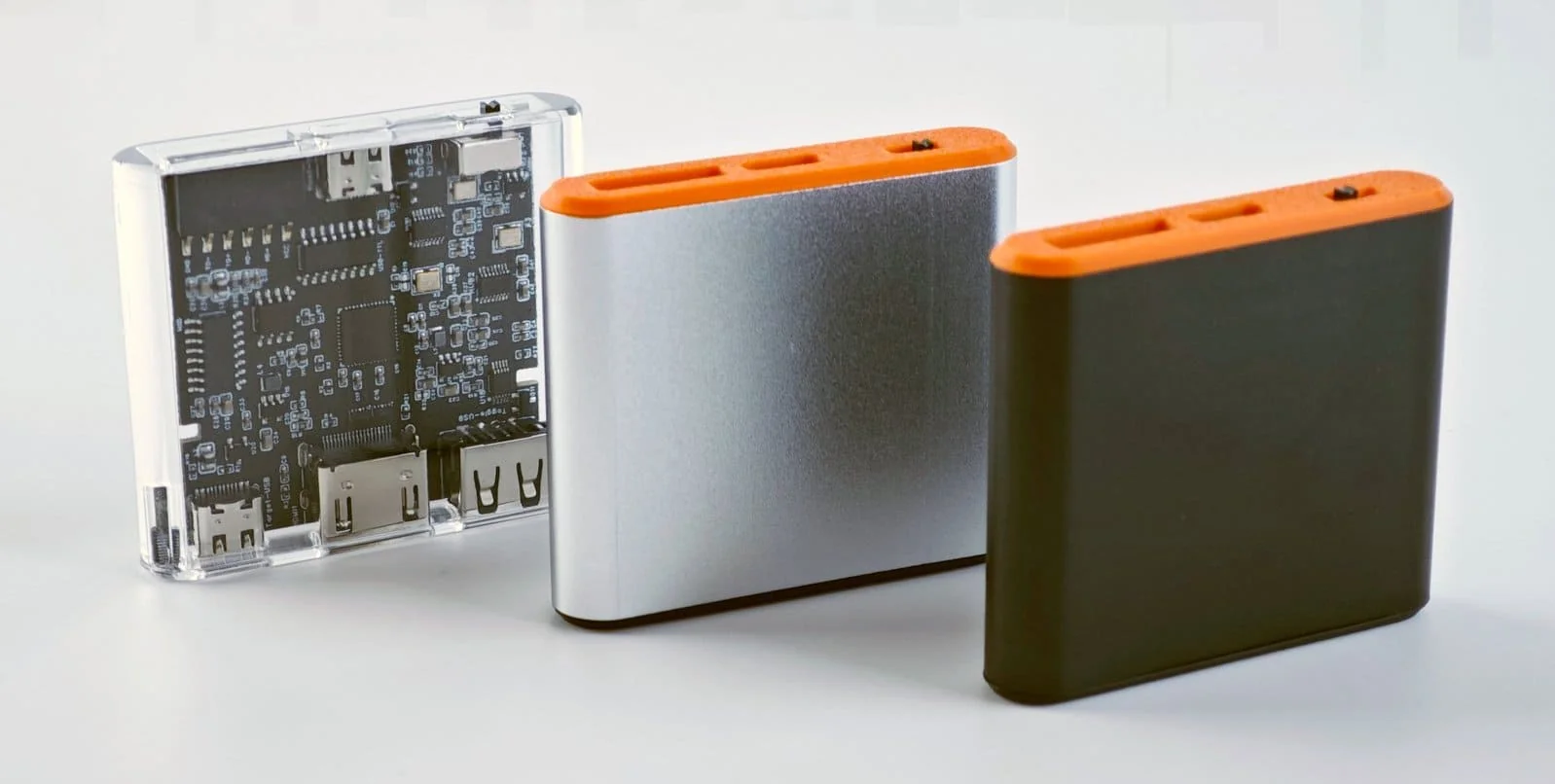
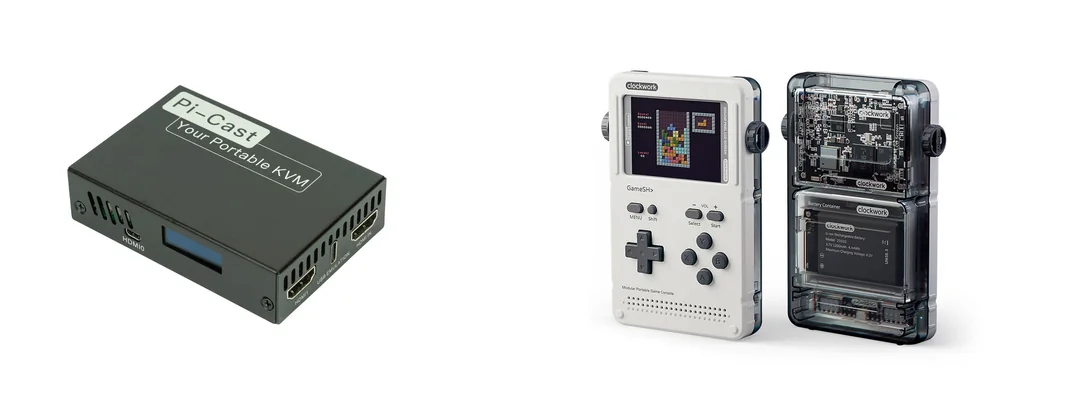
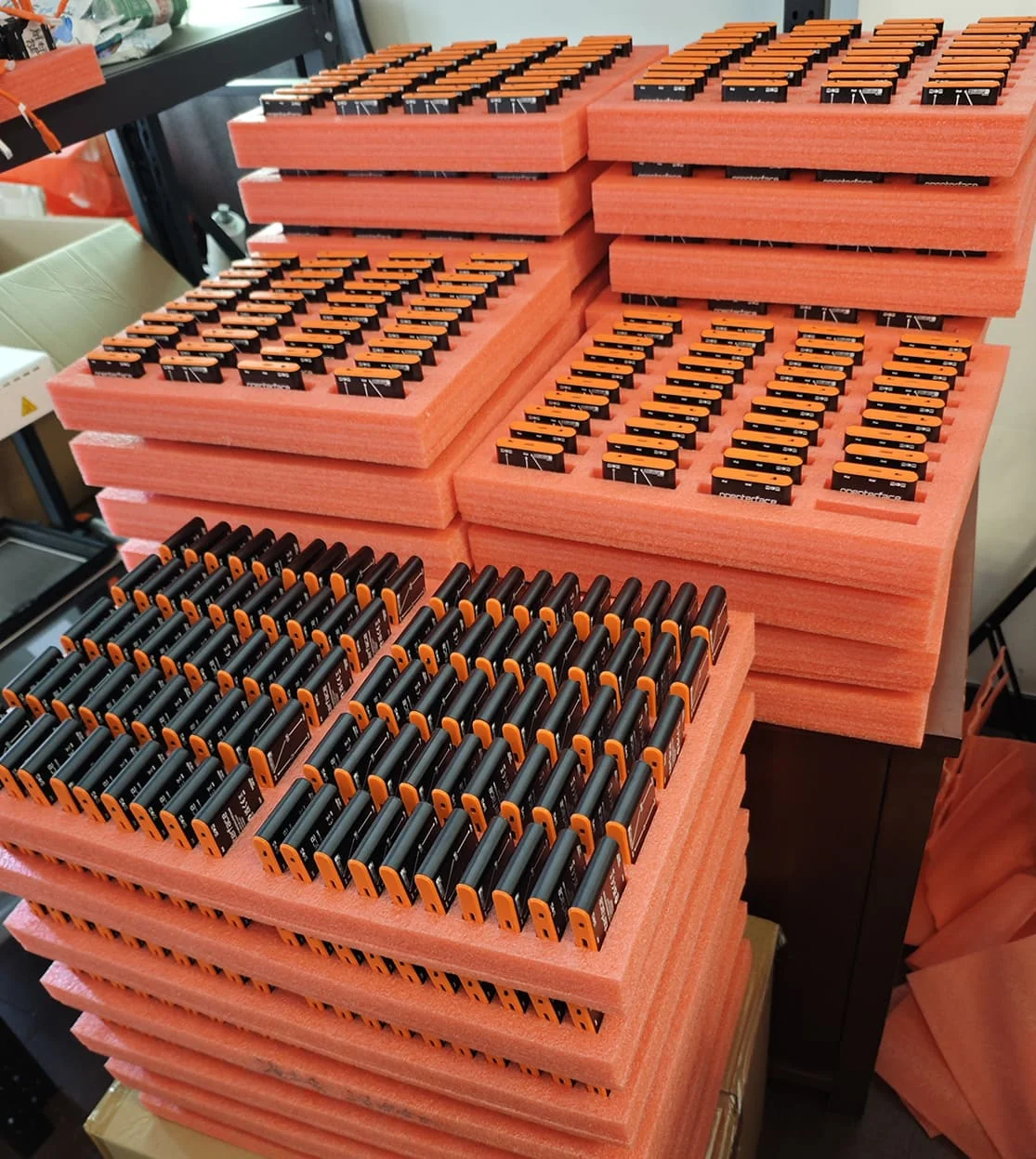
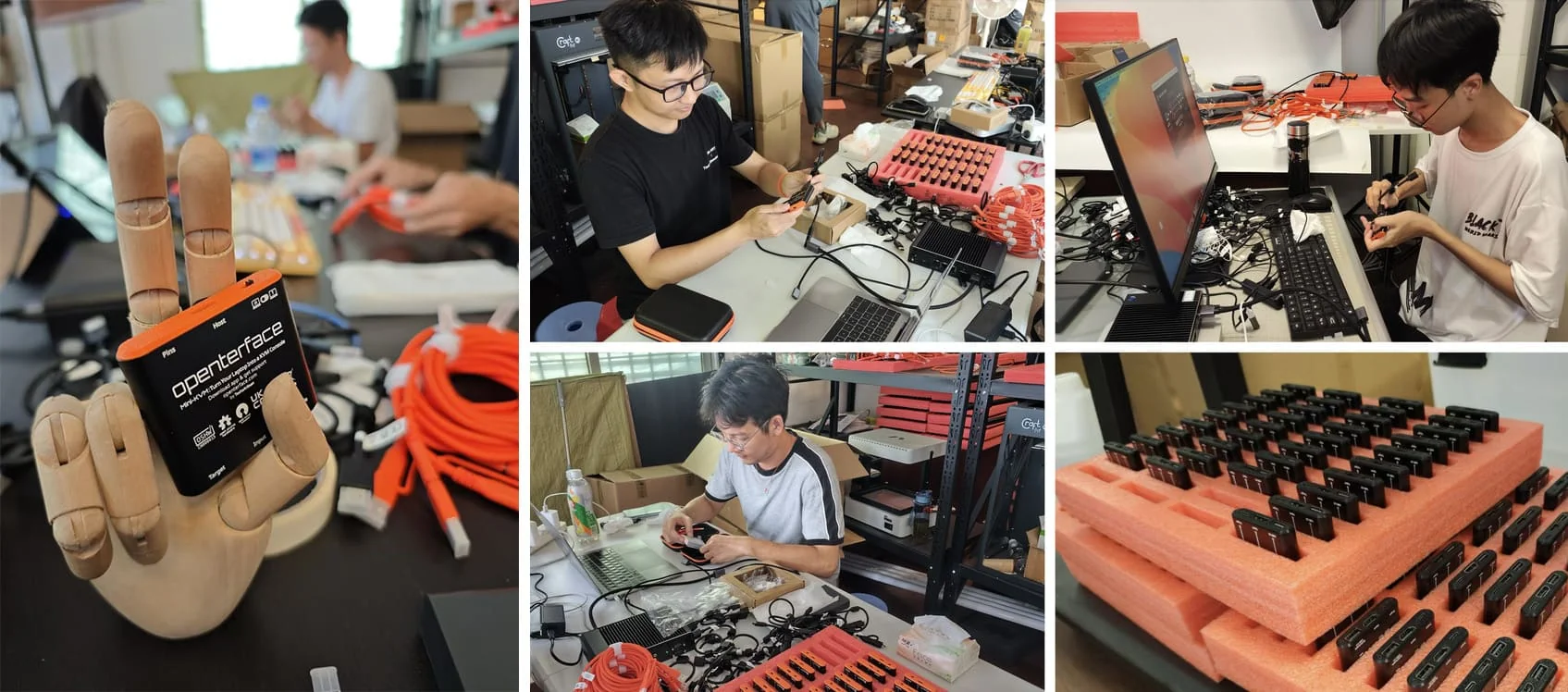
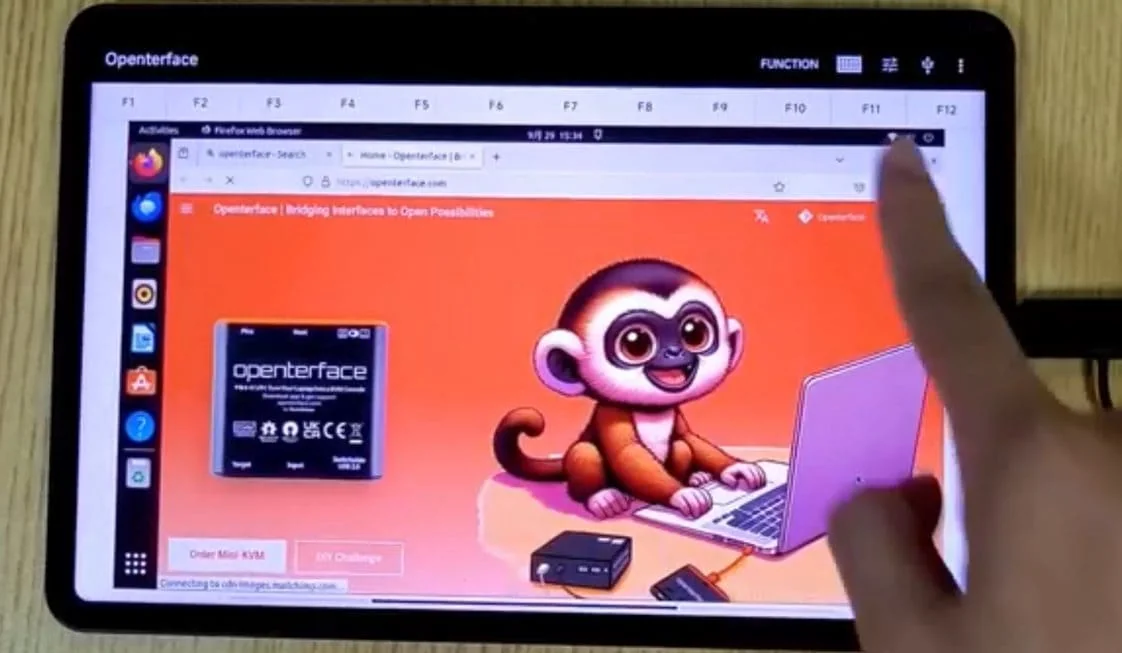
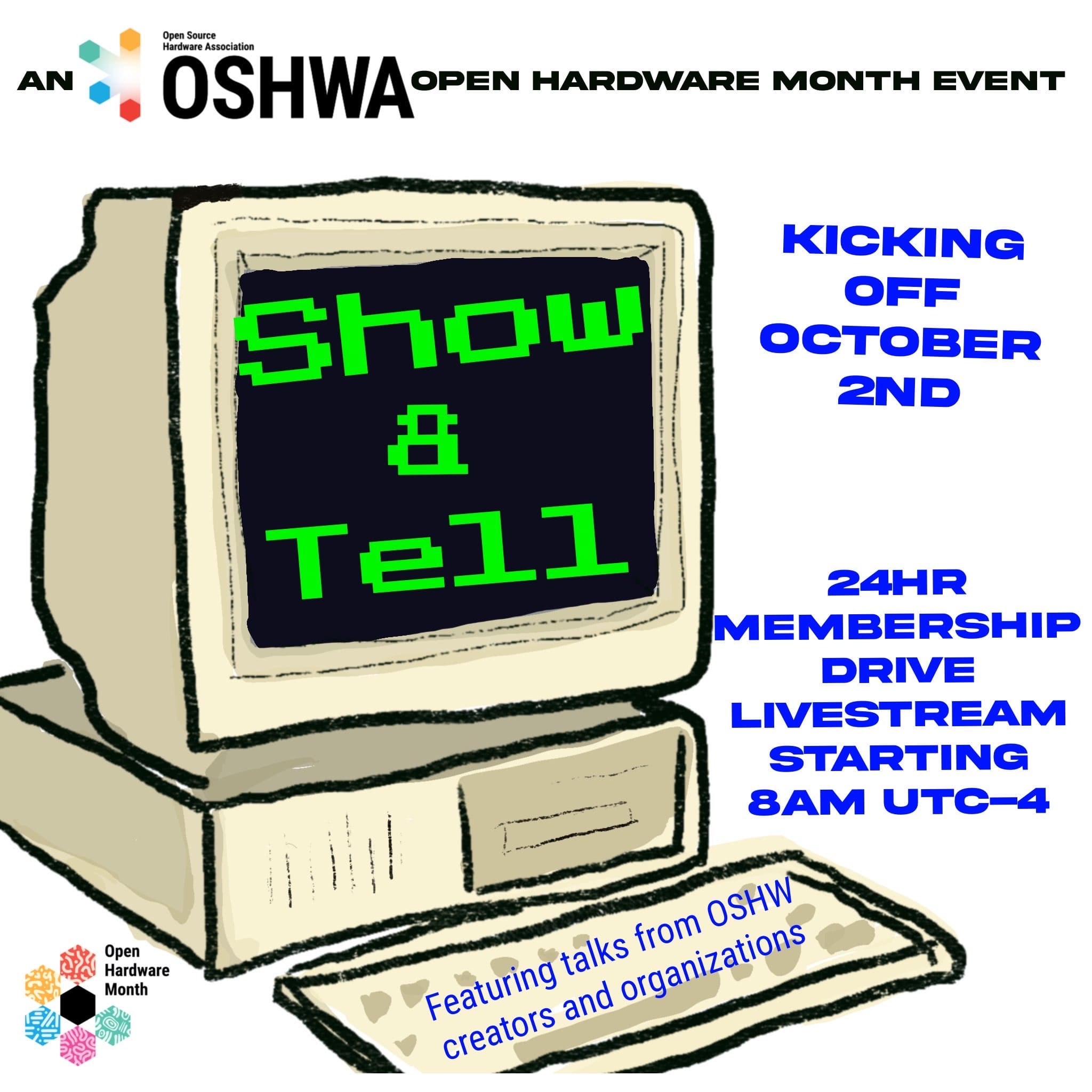
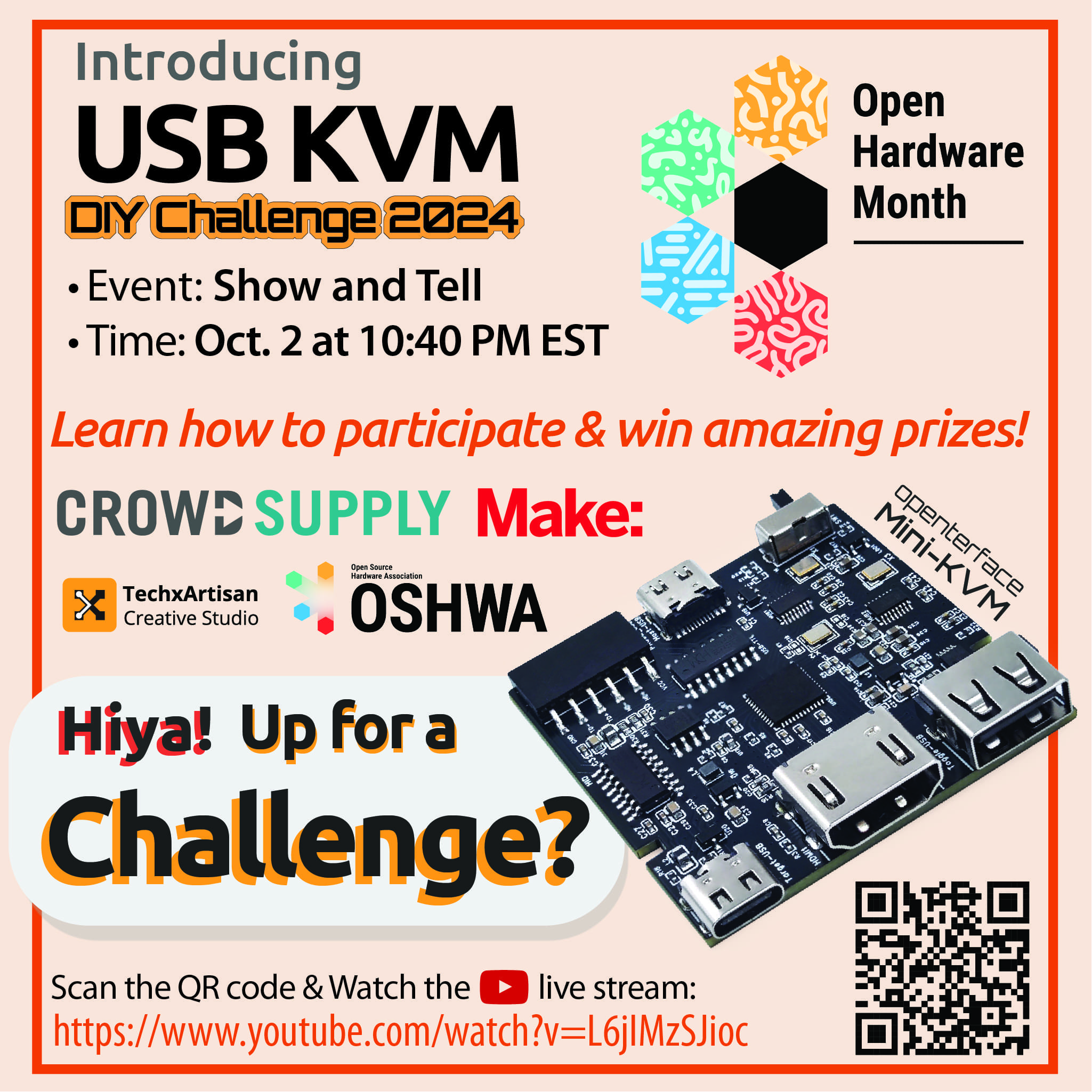
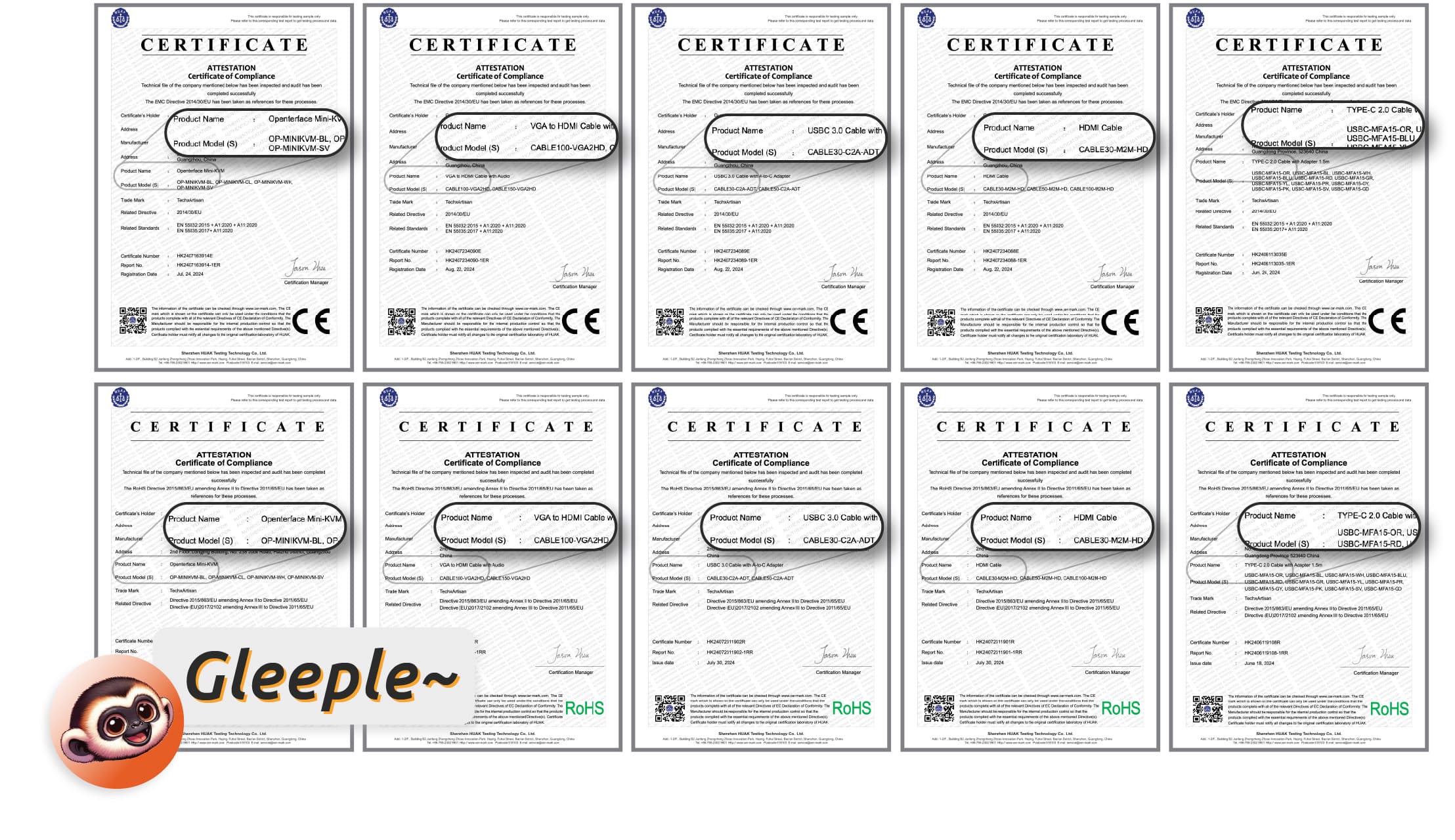 UKCA and CE requirements are the same for our electronic products, with CE also covering RoHS compliance.
UKCA and CE requirements are the same for our electronic products, with CE also covering RoHS compliance.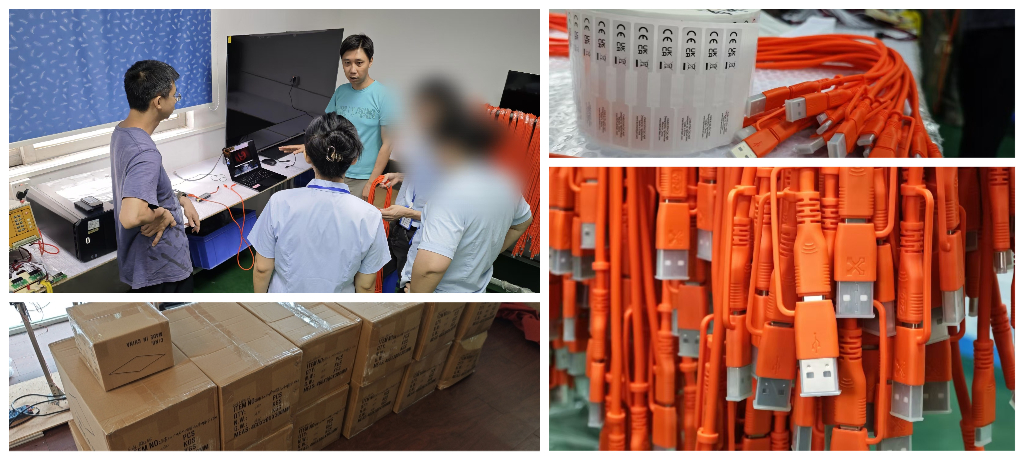 Kevin and Shawn were explaining the testing methods to ensure the orange cable works properly with our Openterface Mini-KVM.
Kevin and Shawn were explaining the testing methods to ensure the orange cable works properly with our Openterface Mini-KVM. Proudly marked with our TechxArtisan logo, these are samples of the HDMI cable, the short Type-C cable, and the VGA-to-HDMI cable.
Proudly marked with our TechxArtisan logo, these are samples of the HDMI cable, the short Type-C cable, and the VGA-to-HDMI cable.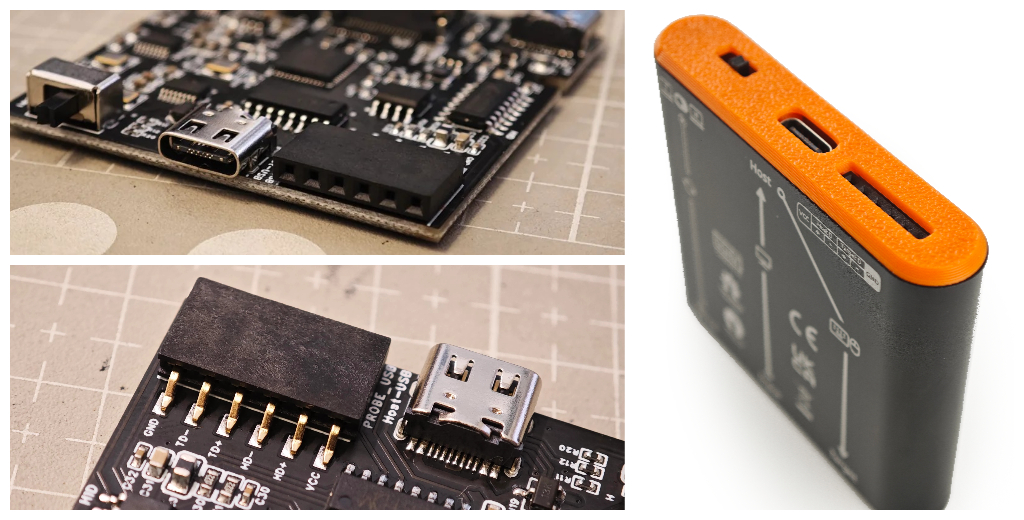 The VCC, GND, Target D+, Target D-, Host D+, and Host D- pins—where ‘D’ stands for USB data.
The VCC, GND, Target D+, Target D-, Host D+, and Host D- pins—where ‘D’ stands for USB data.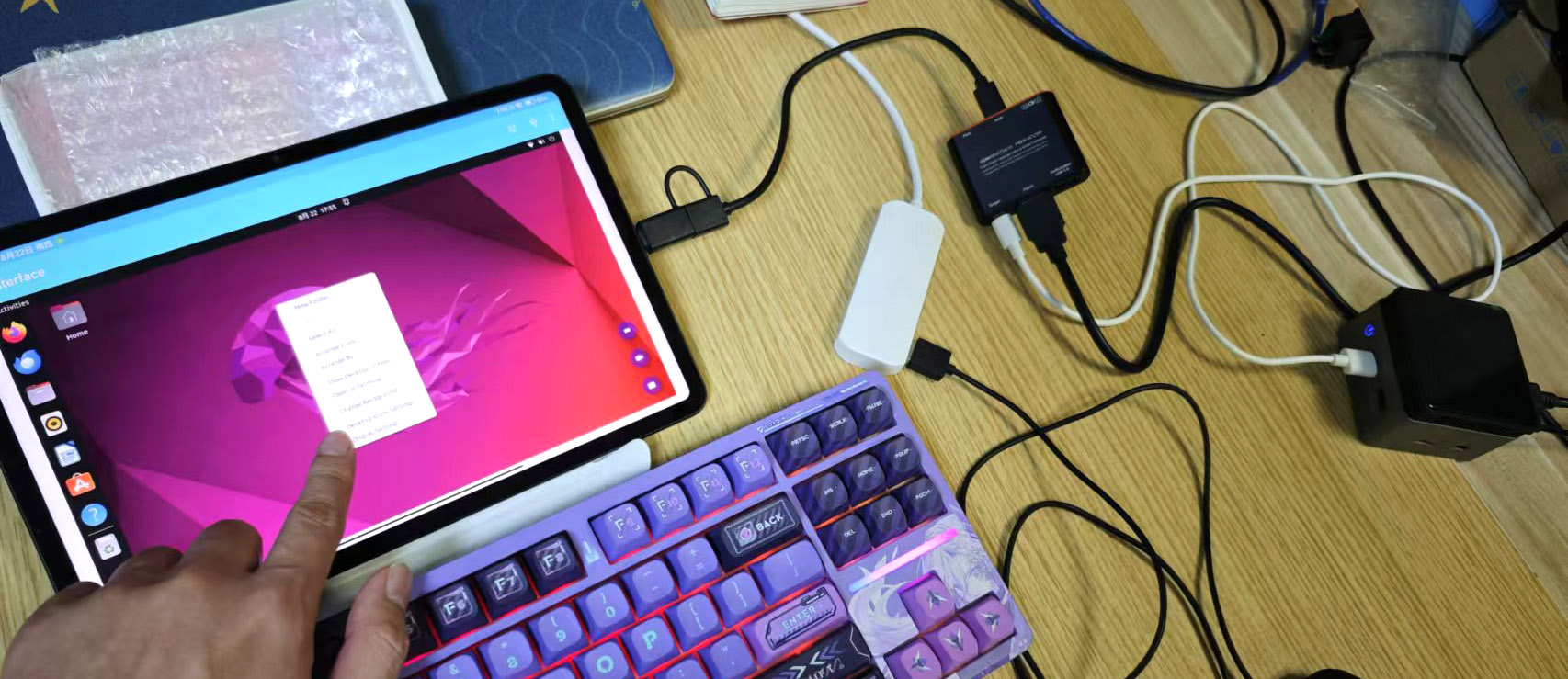 Using just our fingertips to KVM control a Linux computer from an Android tablet. Nice!
Using just our fingertips to KVM control a Linux computer from an Android tablet. Nice!